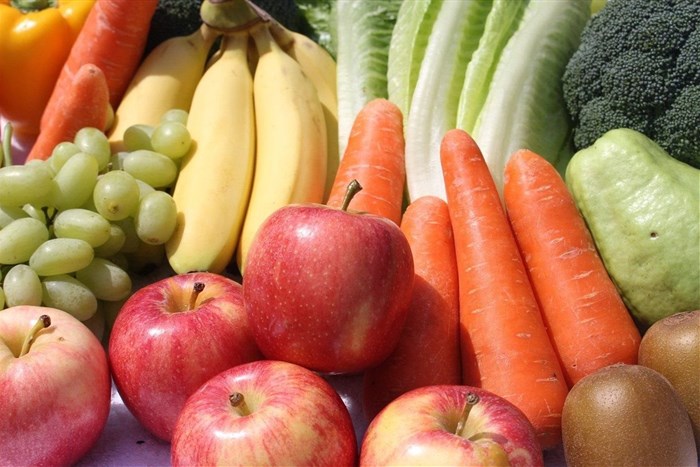
Top stories


ESG & Sustainability#BudgetSpeech2026: SRD grant unchanged, other Sassa social grants see hike
12 hours



More news












ESG & Sustainability
South Africa’s carbon tax should stay: climate scientists explain why










The new normal is both a daunting and exhausting topic, one that many people are tired of hearing about, or approach with trepidation. One fact about discussing “the new normal” that may bring comfort to some is that millions of people around the globe are discussing what that may look like. Organisations will not be able to just go back to business as usual, and it should bring comfort to people that we are all in this together, quite literally.
"The Covid-19 pandemic has thrust policymakers, investors and business people into a world where they have to grab little morsels of data to try and make sense of what is happening. At this point, it is still early days, we don’t know whether we have the correct macroeconomic interventions in place or whether our clinical response to the pandemic is right. Uncertainty about the long-term implications of what we’re currently doing put us in a precarious position and makes planning difficult," said Thabi Nkosi, agricultural economist and partner at African Green Alpha Private Equity
In planning for the future and in using data to establish appropriate response, there were three main questions discussed by Nkosi as important for companies and other role players to answer:
While the rest of the South African economy seemed dire even before the Covid-19 pandemic, the agricultural sector was set to outperform in 2020. Following COVID-19 it will be more important than ever for members of the agricultural sector to consider the impact of macroeconomic indicators such as unemployment and disposable income as these are key indicators of demand in the food sector.
The shift will look like a combination of sudden and gradual with a 'short-term', 'medium-term' and 'long-term' new normal being implemented to shift from phase to phase as is often done in business. This should show us that in the future we should focus on more flexible business models that can adapt over time for gradual change.
When determining whether changes are structural or short-term, it is important to look at big factors that might change such as labour, new competitors entering into unfamiliar markets and a push for more new technology.
While it is important to look to the future and plan for what is ahead, the most important thing, at the end of the day, is that the production and distribution of fresh fruit and vegetables continue. Wiam Haddad, ZZ2 ecologist outlined just how their company worked to do that during Covid-19.
The key to keeping the supply chain open and food moving freely to consumers for ZZ2 was to keep their employees safe and healthy. The organisation took many steps to make this happen. They compartmentalised work areas into smaller functional units in order to minimise interaction between employees and risk of transference of the virus.
In addition to these minimizing interactions between employees, self-isolation facilities were set up for employees to isolate themselves while waiting for test results. ZZ2 leaned into their local community to source homemade masks from members of the community and 70% ethanol sanitizer is being made from waste tomatoes on the farm.
Perhaps most important to help keep workers and consumers safe was the open transference of information and clear communication. ZZ2 appointed a task force to work through information from local and international sources and to filter it for relevance to each setting, as well as requirements and needs for the farm in Mooketsi.
Investments in internet and cell-phone networks allowed employees to communicate smoothly among themselves and ten protocols, each introducing a new concept or idea, were weaved into an operational plan to keep people safe.
Through these resources, information sharing, and protocols there is a collective responsibility among employees to keep themselves and their colleagues safe to keep the supply of produce going.
While many organisations had to put health and safety protocols (such as the ones outlined above) in place, markets remained ultimately unperturbed as an essential service.
Markets are an extremely high-risk area and it is important to understand how to navigate the movement staff, farmers, buyers and other stakeholders that frequent a market during the pandemic, said Francois Knowles, Agricultural Produce Agents Council (APAC) Registrar.
Markets, such as the Johannesburg Market understood the risk they presented to people and took necessary precautions as a result. Among those precautions are emergency protocols, information and communication processes, requirement of personal protection equipment and social distancing requirements.
"On April 29 2020 the new Disaster Management Act Regulations were issued, preparing businesses throughout South Africa to re-open and people to go back to work. As we look to what the 'new-normal' will be, it is important to take into considerations the things that have already been done and the things that should continue to be done to keep people safe," concluded Knowles.